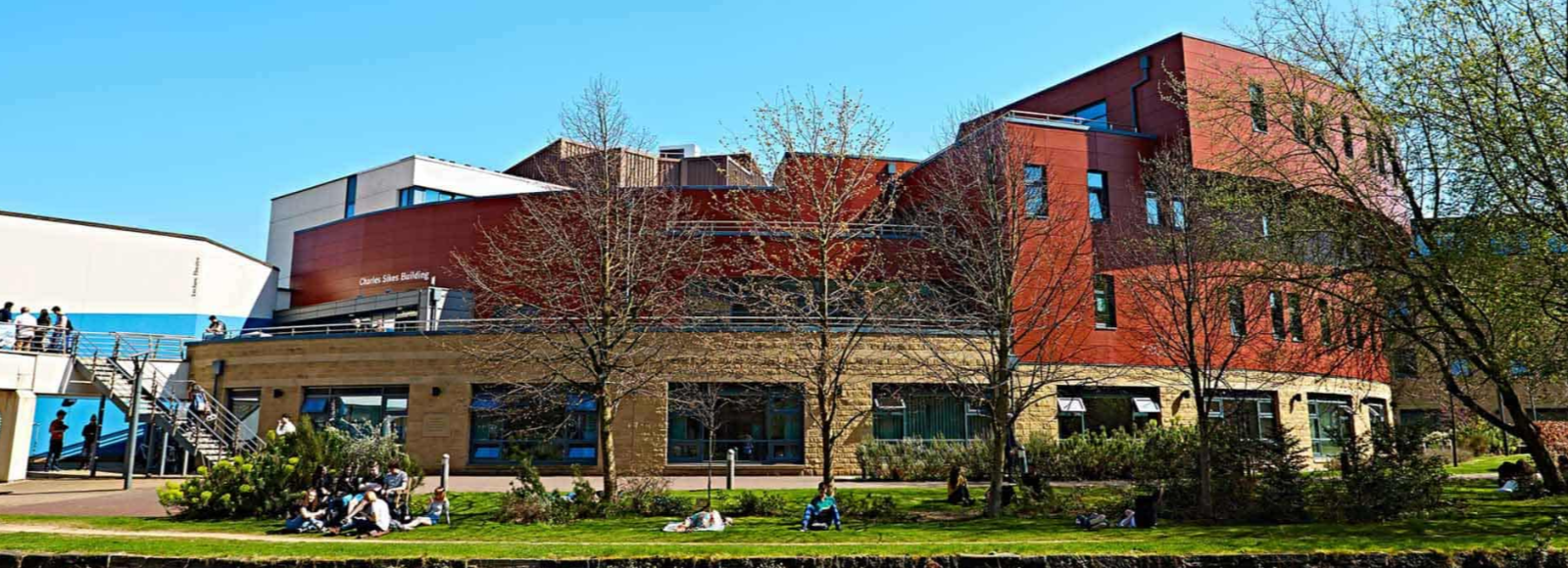- ...
This course is suitable for those currently working or who aspire to work in fields related to policing or crime analysis.The course explores both evidence-based policing and crime analysis from a practical and critical academic perspective.
You will explore common analytical techniques in order to develop a better understanding of how analysis can inform policing and crime reduction responses, as well as be able to think critically about your own analytical practice.
Develop your critical understanding of the various techniques used, including theoretical underpinnings and how to translate research into practice.
Learn about key research methods in evidence-based policing and crime analysis, such as systematic reviews, action research and evaluations.
Share your experiences with your peers and tackle issues relevant to your own practice.
You will be taught by academics who have practical and professional experience in the fields of policing, investigation and crime analysis.
This course can be studied on its own or as part of the Crime and Evidence-Based Policing MSc. It provides a taste of what Master’s level study is like and allows you to gain 30 Master’s level credits towards the Crime and Evidence-Based Policing MSc.
Teaching and assessment
This course involves one week of face-to-face delivery plus additional guided independent study supported by the University’s virtual learning environment. You must be able to attend all face-to-face sessions, which will run for one week from Monday to Friday (30 hours total).
Assessment will include a written essay and submission of a portfolio of evidence. Your module specification/course handbook will provide full details of the assessment criteria applying to your course.
Feedback (usually written) is normally provided on all coursework submissions within three term time weeks – unless the submission was made towards the end of the session in which case feedback would be available on request after the formal publication of results. Feedback on exam performance/final coursework is available on request after the publication of results.
for this course are normally:
An honours degree (2:2 or above) in a related subject. Applications are reviewed on merit and you may be invited for an interview.
If your first language is not English, you will need to meet the minimum requirements of an English Language qualification. The minimum for IELTS is 6.5 overall with no element lower than 6.0, or equivalent will be considered acceptable. Read more about the University’s for students outside of the UK on our Where are you from information pages.
For fees and funding options, please visit website to find out more

...